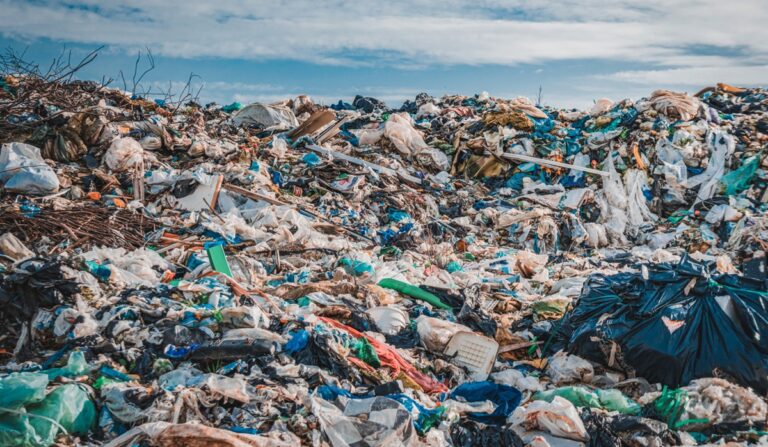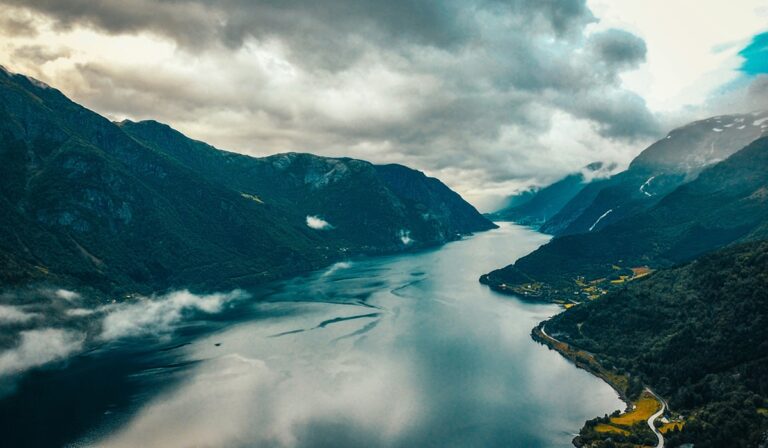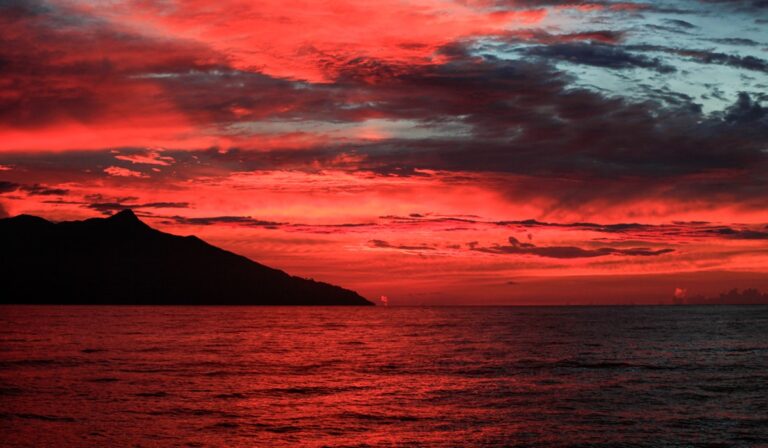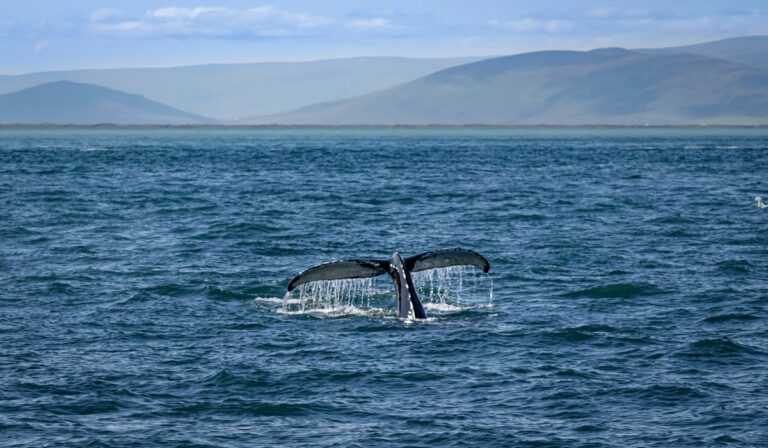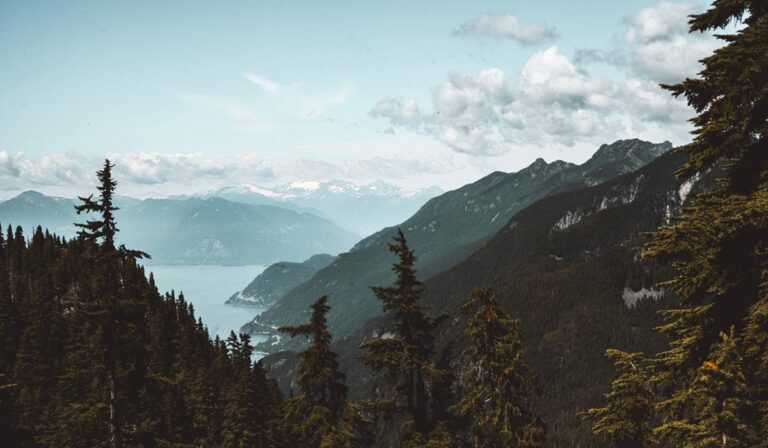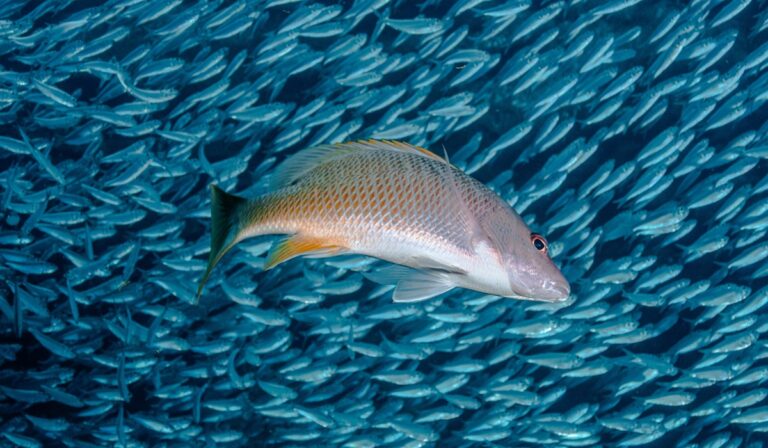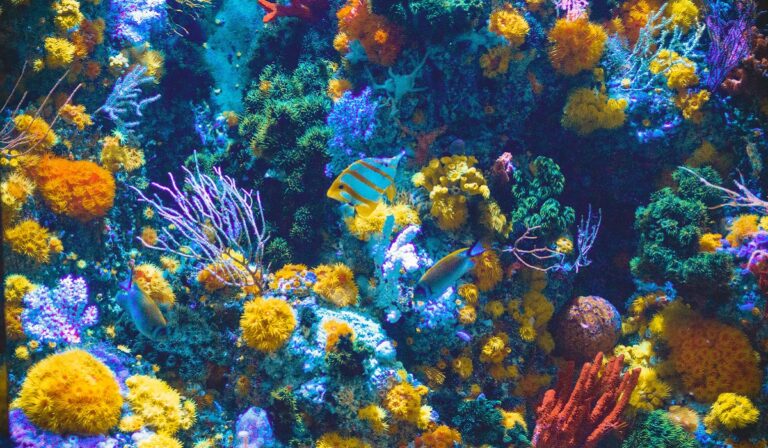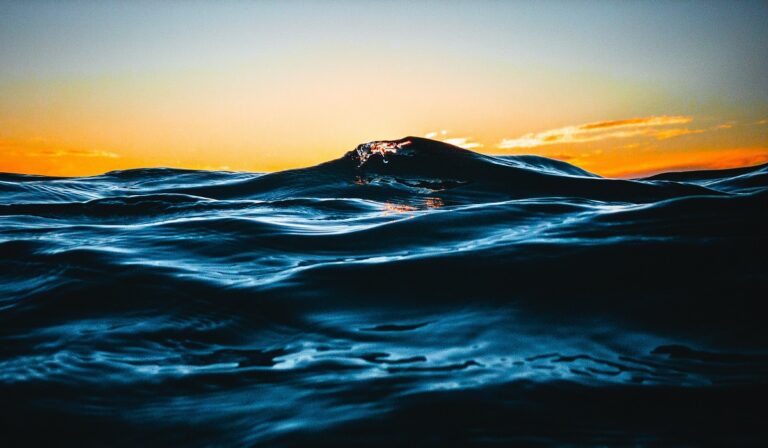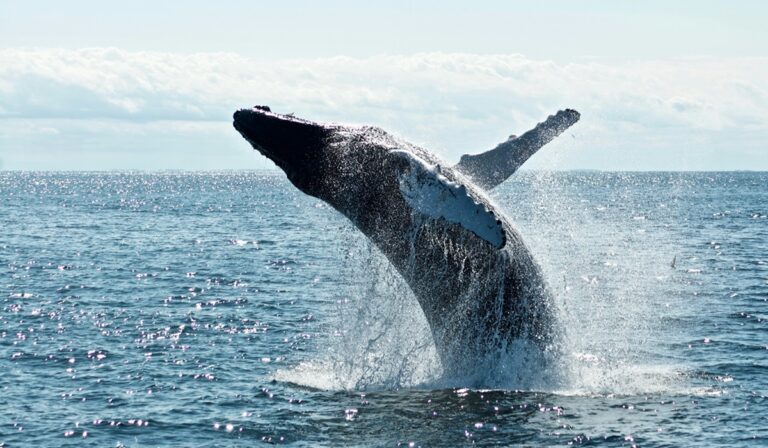Plastic bag bans in the U.S. have already prevented billions of bags from being used
Over the past several years, U.S. cities and states have passed hundreds of policies restricting the sale and distribution of single-use plastic bags. A new report – copublished by Environment America, U.S. Public Interest Research Group Education Fund, and Frontier Group – says these laws have largely succeeded in their goal of reducing plastic bag use. New Jersey’s ban alone has eliminated more than 5.5 billion plastic bags annually.
Plastic bag bans in the U.S. have already prevented billions of bags from being used Read more

